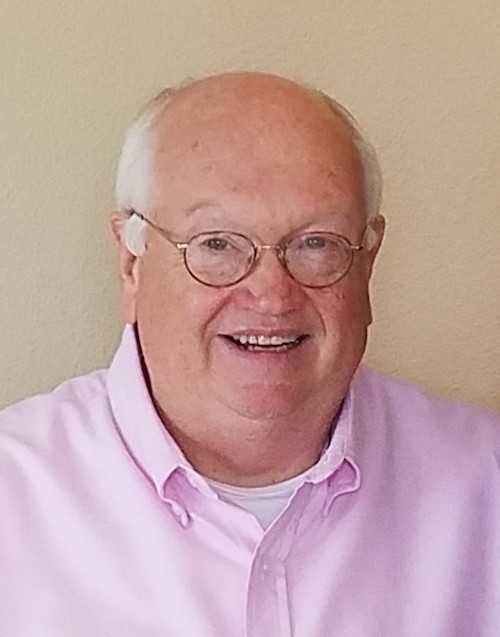
This is in response to Jake Thomas’s Lund Report article reporting that Governor Kotek has signed SB 1089 creating the Universal Health Plan Governance Board. Both the non-specific tone of the article and the Governor’s cited challenge to the legislature to explain the purpose of SB 1089 and its differentiation from other health care proposals belies either an absence of clarity, or an avoidance of declaring it.

As a member of the SB 770 Joint Task Force on Universal Health Care and the author of the specific task force resolution which led to SB 1089, I speak from my own vision, but I do so in the hope that it might help replace vagueness with a more unifiable and specific public understanding. SB 1089 needs to be clearly set apart from other sincere but narrowly focused health care efforts.
In her signing letter, Governor Kotek points to Oregon’s leadership at leveraging Medicaid infrastructure to lower cost and expand access. These efforts may be laudable but they have targeted very few people, and based on evidence contained in other Lund Report articles these efforts have arguably been accomplished at expense of other users of the health care system. Just like stepping on one end of a hot water bottle, artificially constraining Medicaid reimbursements to an amount below the cost of providing those services has raised the cost for those with private insurance, and increased our combined federal tax responsibility. In the meantime, increasing the portion of the population eligible for low-rate reimbursement programs has discouraged many medical providers from seeing these patients at all, adding to injustice.
The SB 770 Task Force on Universal Health Care concentrated on the major problems of unsustainable cost, harmful complexity, and lack of just access, issues which affect many in Oregon. With the help of actuarial consultants, the task force concluded that major simplification of the current financing system could significantly address all three of those problems. Existing cost could be reduced by 12 to 16%, making health care more affordable for all while using some of the savings to bolster rural, behavioral, and primary care. Likewise, complexity could be eliminated by replacing the concept of patient-by-patient insurance billing with common global budgeting for hospitals and major clinics. And equity could be greatly enhanced with a single system compellingly designed to be blind to color, location, or income.

SB 1089 is borne in big hope, not hope in others so much as a hope and belief in our own collective ability to see problems and act in our own combined benefit. It is a mission to deal with the problems of the whole. Rescuing the last few uninsured onto a ship without a plan to keep that ship afloat is not enough. Passing the constitutional mandate contained in Measure 111 is not enough without a collective plan to make good on that responsibility. Wishing we could save health care to serve whole communities is not enough if we continue to place compartmentalized self-interest above all else.
The SB 1089 governing board has big-picture goals but its charge is very precise and specific. Its solutions will be written in the technical and practical terms of a specific amount of money we will spend for a specific list of medical services we receive, under terms that are acceptable, or at least palatable to a significant majority of residents, including those who will dedicate their careers to our direct care.
Along with reconfiguring financing currently paid in the form of premiums and out-of-pocket spending, a fully simplified system will require federal permissions to use Medicare and Medicaid funds. But this is different from hitting up a wealthy uncle, this is saying that we want to take our own money that we currently send to the federal government for these programs and use that money in a more directly efficient, less stressful, and more just manner.
Flow charts available at VariedStrengths.com show the current system and how a simplified payment concept as proposed by the SB 770 Task Force could address our common problems in a way that no other proposal can come close.
Warren George is a retired titanium production plant manager and business consultant. He is a researcher and frequent state and national speaker on designing universal health care funding systems. In 2019, he commissioned a poll of Oregon voters which found that a majority of Oregon voters, including those in rural Republican areas, would probably or definitely support a large state tax to provide health care to all state residents. He was a governor-appointed member of the Oregon Legislative Task Force on Universal Health Care.